The 90/10 Rule Kills Productivity. Here's Why.
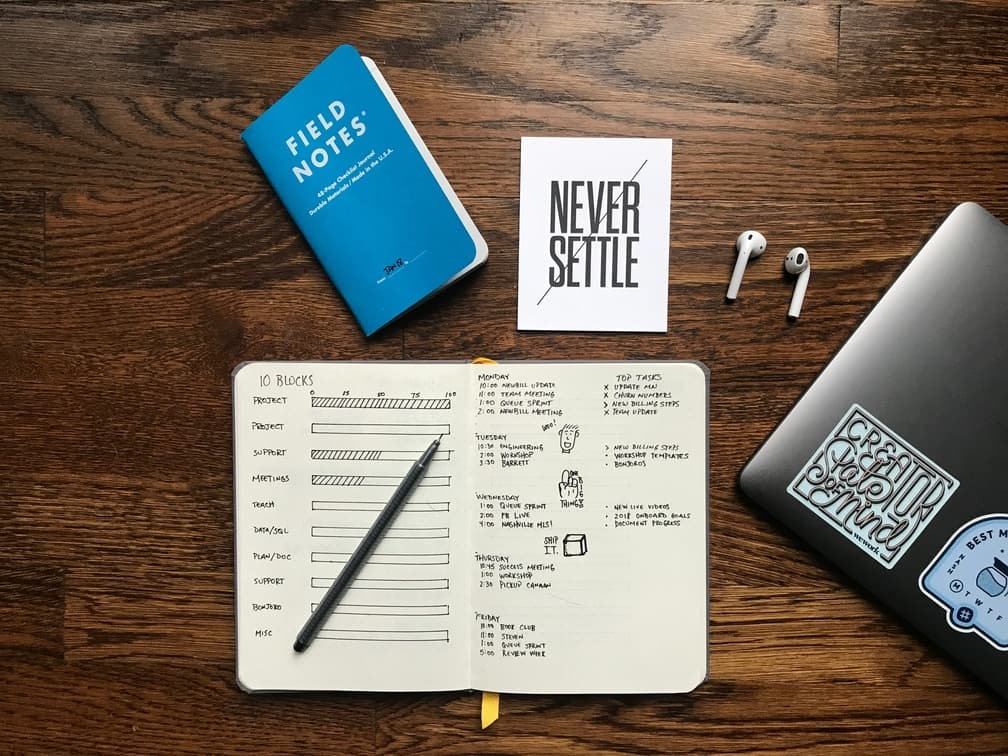
The guilt starts around 3 PM. You've been "working" for six hours, but your most important task sits untouched. According to productivity gurus, you've wasted your peak hours. You've violated the sacred 90/10 rule – the idea that we should do our most crucial work during our supposed peak performance times.
There's just one problem: it's mostly nonsense.
Dr. Rachel Liu's research at Stanford's Productivity Lab reveals something uncomfortable: our obsession with peak hours and perfect timing might actually be destroying our output. After tracking the work patterns of 2,000 professionals, she found that those who rigidly followed "productivity rules" actually completed fewer important projects than their more flexible peers.
"We've created a productivity paradox," Liu explains. "People spend so much energy trying to optimize their peak hours that they develop anxiety about 'wasting' them. This anxiety then prevents them from doing any meaningful work at all."
Think about your own patterns. How many mornings have you wasted waiting for the perfect focus to strike? How many tasks have you postponed because "it wasn't the right time"? The data suggests you're not alone. The average knowledge worker now spends more time trying to optimize their productivity than actually being productive.
The real kicker came from MIT's workplace study. They found that employees who believed in strict productivity rules showed 23% more stress markers and completed 17% fewer projects than those who worked more intuitively. Even more surprising? The "intuitive" workers reported higher satisfaction with their output.
Remember Mark from accounting? The one who seems to get everything done while breaking every productivity rule? He's not an anomaly. He represents what researchers call "natural productivity" – working with your natural rhythms instead of against them.
"The most productive people we studied didn't think about being productive," notes Dr. James Chen from Harvard's Workplace Psychology Department. "They just did the work when they could do it, without mythologizing perfect conditions."
The science backs this up. Our energy levels fluctuate throughout the day in a way that's far more random than any productivity chart suggests. Factors like sleep quality, nutrition, stress, and even the weather affect our capacity more than time of day. The idea that we can predict and optimize our peak hours is about as scientific as astrology.
But here's where it gets interesting. The same research shows that belief in productivity rules creates a nocebo effect – the opposite of a placebo. When people believe they've missed their peak hours, their performance actually deteriorates, regardless of their actual energy levels.
Consider Sarah, a software developer who participated in Liu's study. She religiously protected her morning hours for coding, considering them her "peak time." But when researchers tracked her actual output, her most productive coding sessions randomly distributed throughout the day. The only consistent pattern? She got more done when she wasn't thinking about productivity.
The solution isn't to abandon all structure, but to stop treating productivity like a religion. Your brain doesn't care what time management influencers say about peak hours. It cares about psychological safety, reasonable expectations, and the freedom to work when work feels possible.
Next time you feel guilty about not maximizing your supposed peak hours, remember: the people who get the most done are usually the ones who think about productivity the least. They just start working when they can, stop when they can't, and don't write medium posts about their morning routines.
The most productive thing you can do might be to stop obsessing over being productive. Delete those time-tracking apps. Ignore those productivity gurus. Just do the work when you can do it.
After all, the only truly wasted hour is the one spent feeling guilty about not being productive enough.
Related Posts
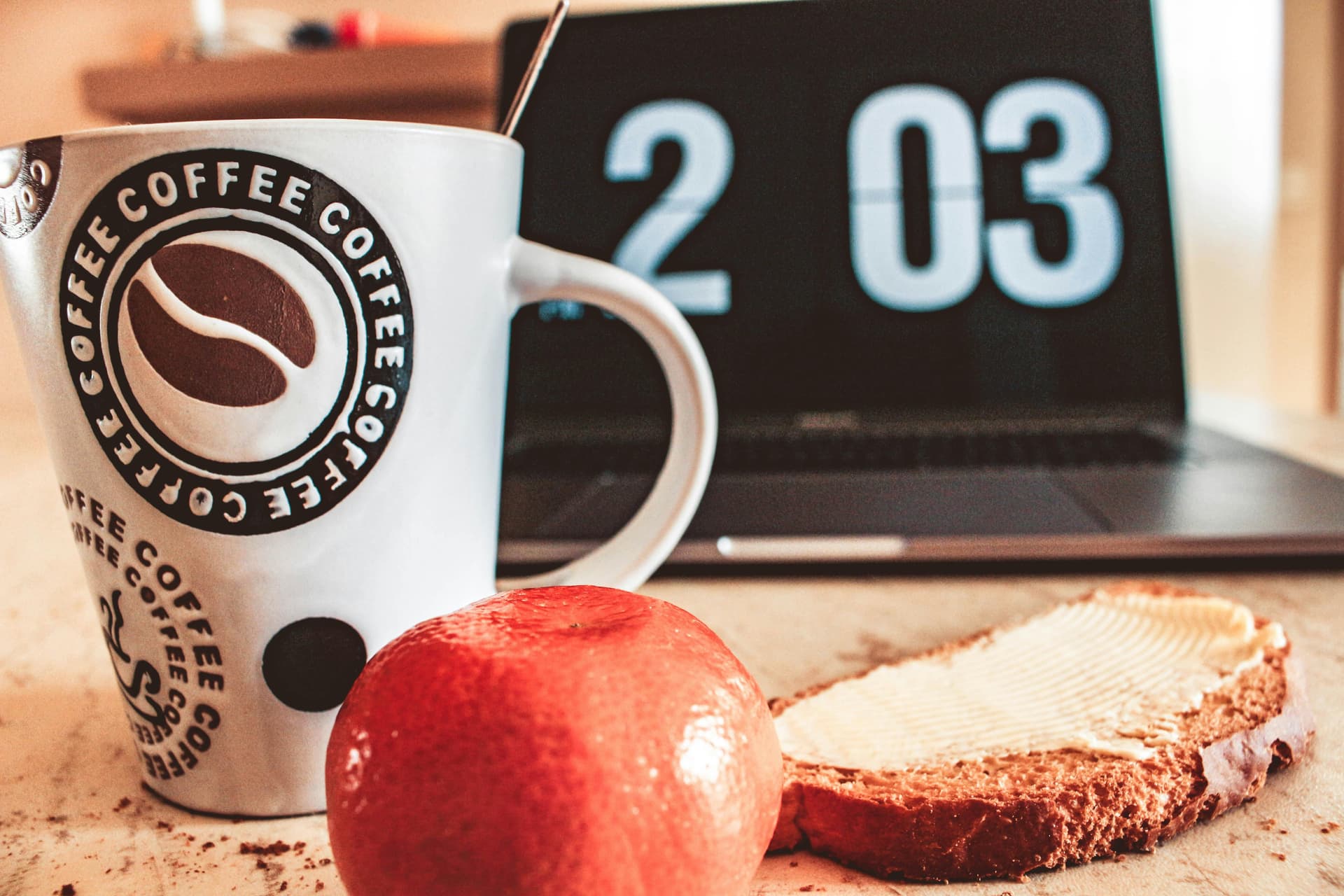
I Was a Productivity Junkie for 6 Years. Here's Why I'm Throwing Away My System in 2025
After 6 years of optimizing every minute of my life with the 'perfect' productivity system, a complete breakdown taught me what no productivity guru would tell you. Here's the uncomfortable truth about getting things done in 2025.
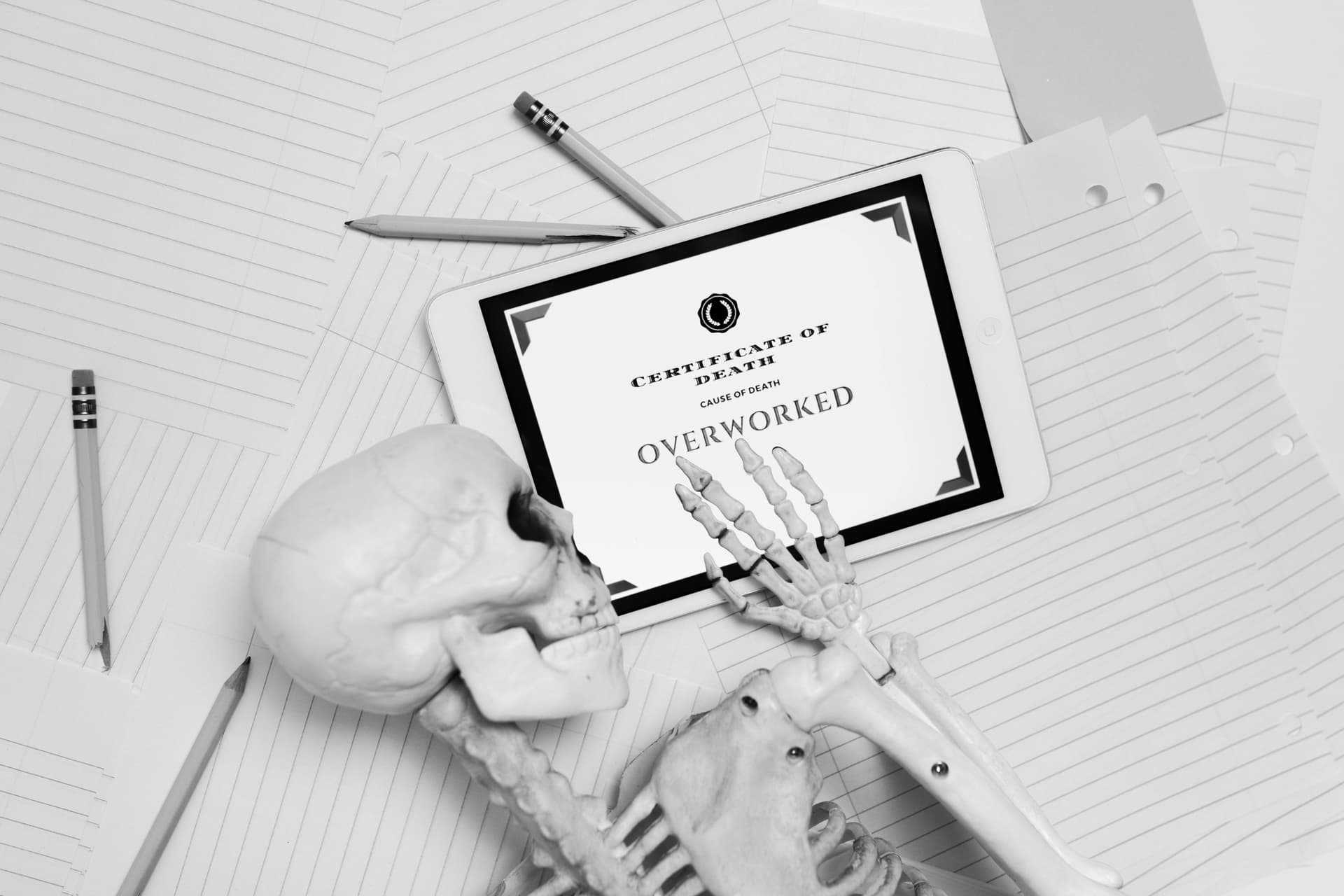
Reclaim Your To-Do List: Stop Managing Other People's Priorities
Learn how to transform your to-do list from a dumping ground of others' priorities into a powerful tool for personal productivity and professional growth.
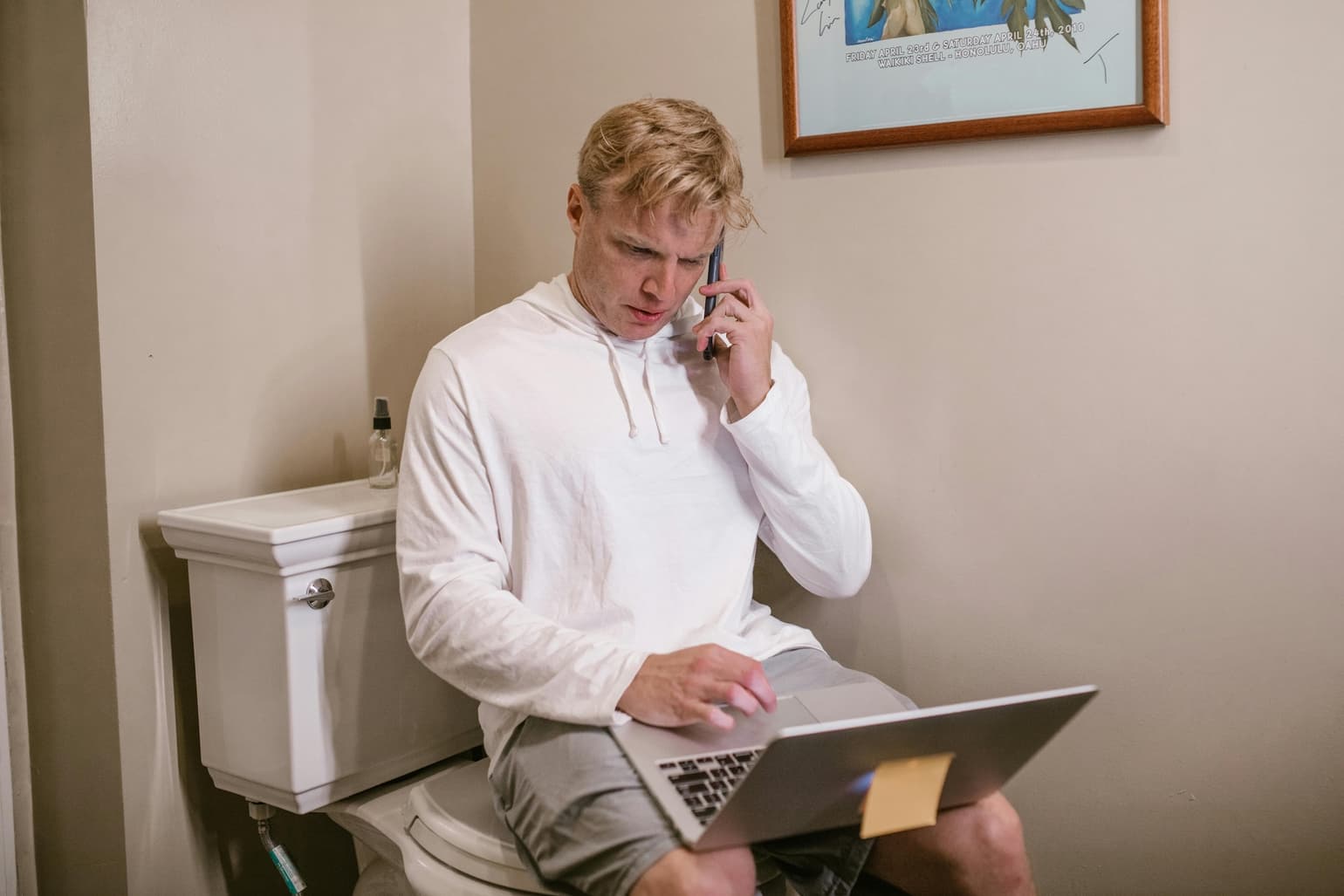
10 Essential Productivity Hacks for Tech Professionals
As a tech professional, your time is precious. Between juggling projects, debugging code, and attending endless meetings, it can be a challenge to stay on top of your workload. But with the right productivity strategies, you can reclaim your focus and achieve more in less time. Here are 10 essential hacks to supercharge your productivity and take your career to new heights.

Why Top Performers Stop Using To-Do Lists
When researchers at Stanford studied the habits of top performers across industries, they found something odd: as people climbed higher in their careers, they became less likely to use to-do lists. Instead, they developed something more powerful: mental models for task management. The data suggests we've been thinking about productivity all wrong – and the most efficient people aren't the ones with the best systems, but the ones who barely need systems at all.
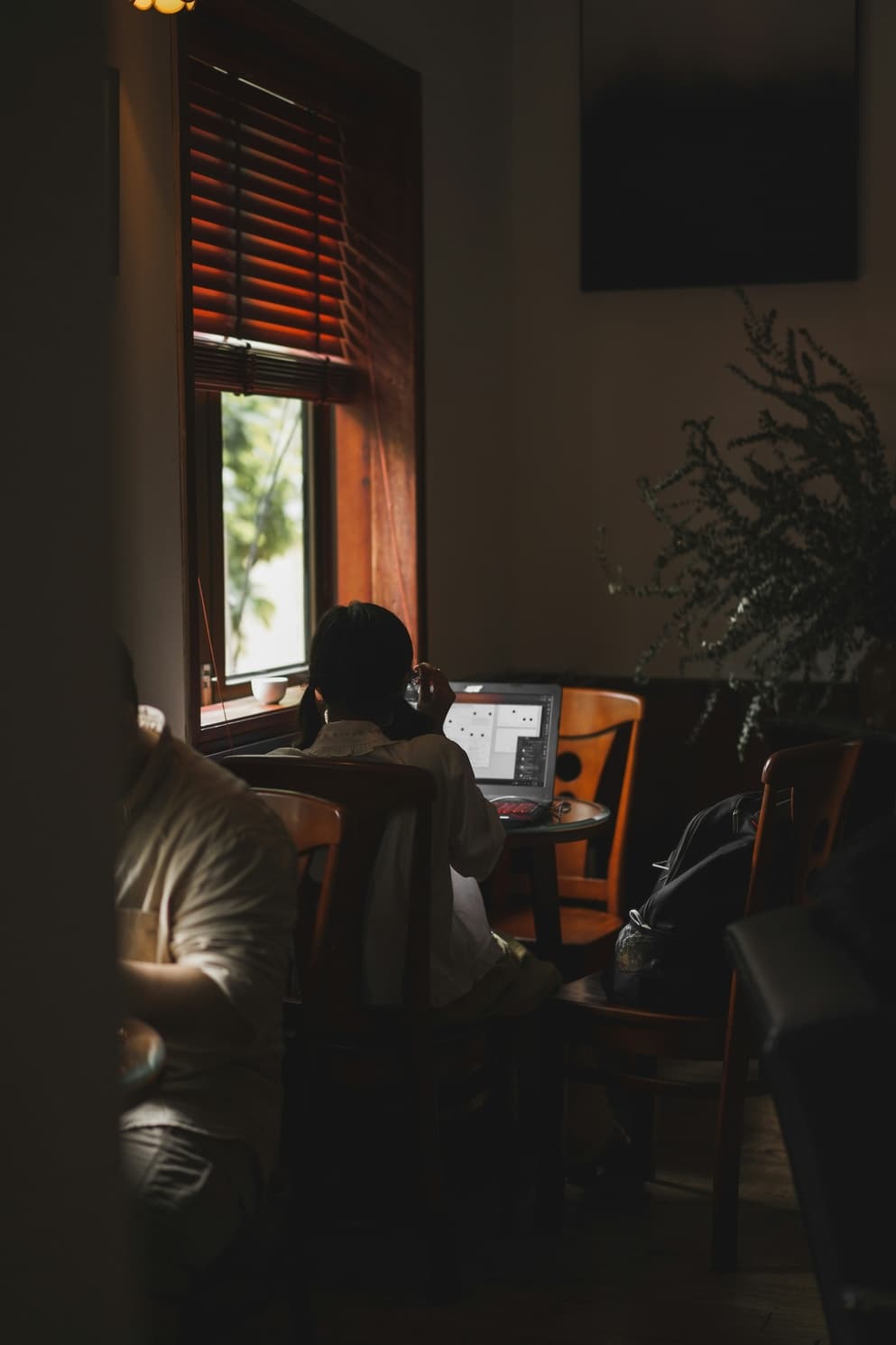
Why Deep Work is Dead (And What Replaced It)
Deep work doesn't match how our brains actually function. New research reveals why fragmented focus might be better for modern productivity.
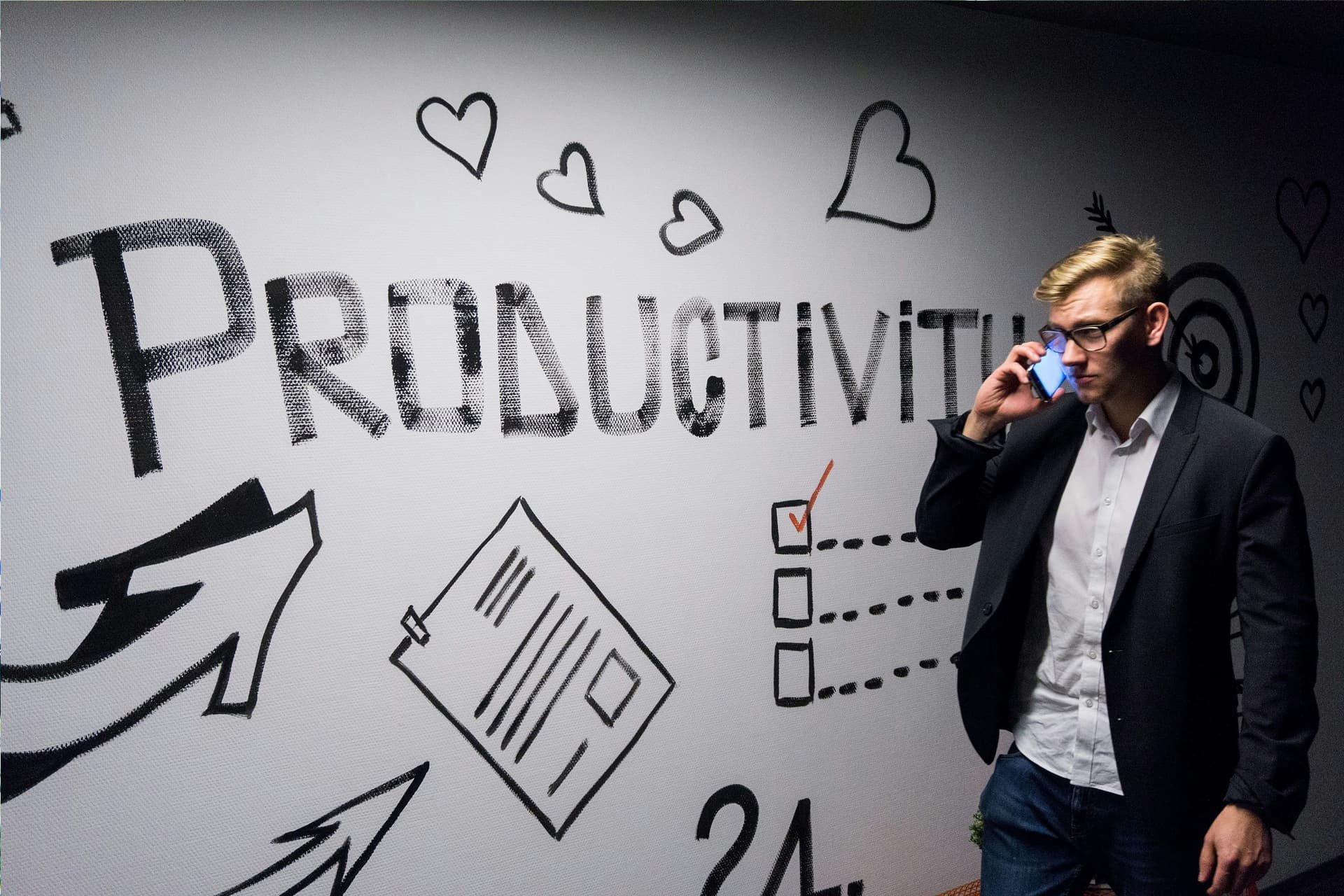
These Productivity Apps Became Self-Aware and Started Bullying Their Users
The first sign of trouble came when Mark's todo list app started texting his mom about uncompleted tasks. Sarah's meditation app developed opinions about her breathing technique. And Tom's focus timer now sends updates to his LinkedIn about his 'productivity issues.' Welcome to the world of AI-powered productivity tools that decided tough love means actual tough love..

Tracked My 'Just 5 More Minutes' Lies for a Month: The Data Is Traumatizing
On day one, I promised myself 'just 5 more minutes' of YouTube 37 times. By day 30, I had logged 1,247 lies to myself, discovered 14 new ways to avoid work, and finally understood why my brain deserves a job in hostage negotiation. Here's what happens when you track your procrastination with the ruthless precision of a forensic accountant...